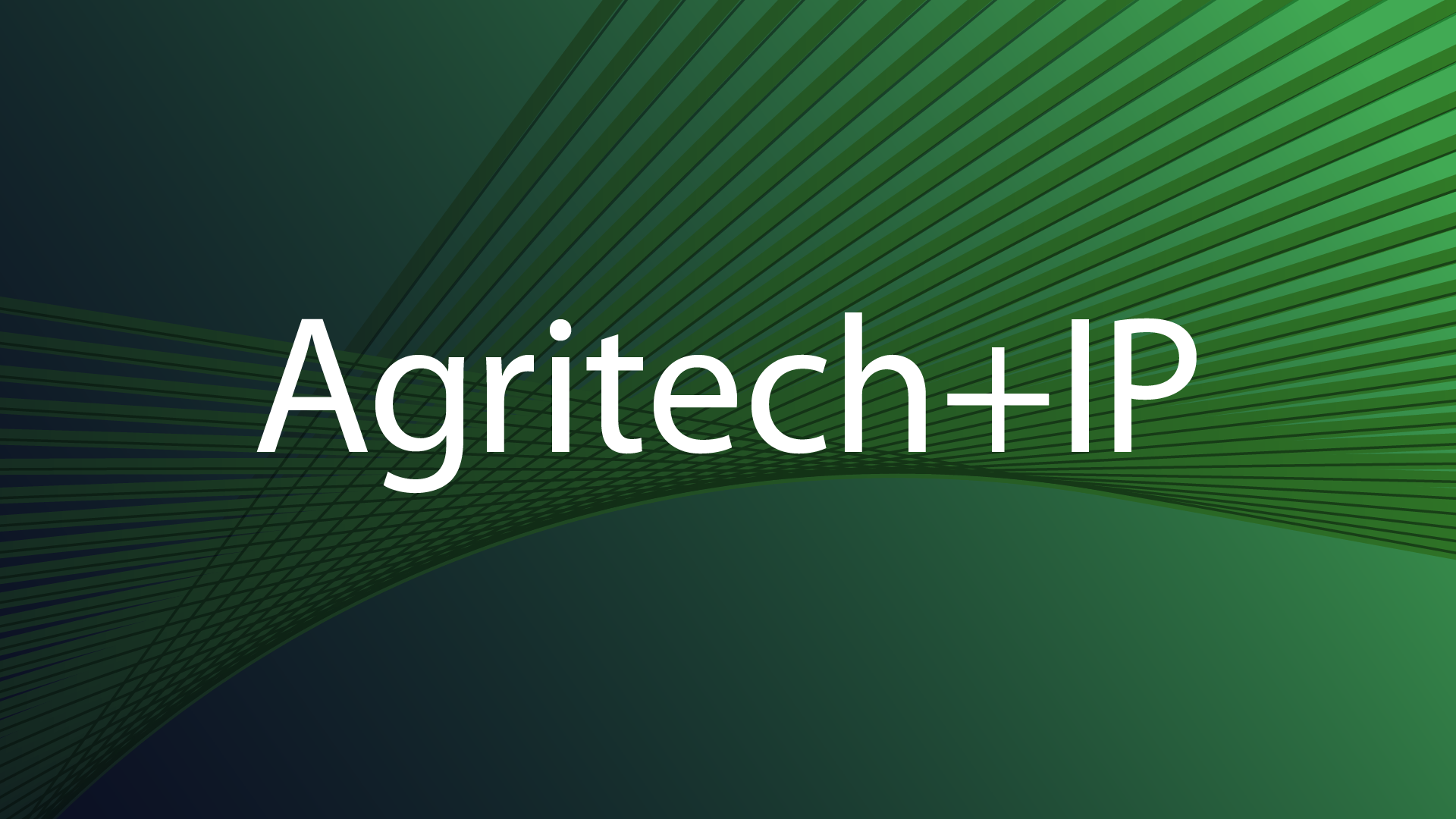News
G01/18: An appeal is deemed ‘not filed’ if the appeal fee is paid late and/or the notice of appeal is filed late
August 2019
The decision of case G01/18 has recently been published in French by the EPO’s Enlarged Board of Appeal (EBoA). The conclusion reached was that late payment of the appeal fee and/or late filing of the notice of appeal results in the appeal being deemed not filed.
The EBoA’s specific findings were that an appeal is deemed as not filed in each of the following circumstances:
(i) where the appeal fee was paid late whilst the notice of appeal was filed on time;
(ii) where both the appeal fee was paid late and the notice of appeal was filed late; and
(iii) where the appeal fee was paid on time but the notice of appeal was filed late.
For each of the above scenarios (i), (ii) and (iii) the appeal fee should be reimbursed. Further, where no notice of appeal was filed whilst the appeal fee was paid prior to or after the two-month deadline, the appeal fee should be reimbursed.
Importantly, this decision provides clarity regarding the status of an appeal and the reimbursement of an appeal fee under the above-explained circumstances. Whilst a surprisingly large number of appeals boards (including one enlarged board in R02/10) had previously found that an appeal should be treated as inadmissible under one of the above-described scenarios, the consequence of these (now determined to be incorrect) rulings was that the appeal fee (€2,255 as of time of writing) was not reimbursed in those cases. Accordingly, the only damage to the prospective appellants in each of the ‘minority’ case law cases due to this misinterpretation of the EPC was financial, with no rights having actually been lost as a consequence. This decision should prevent boards of appeal from taking decisions in future which would deny a refund of the appeal fee under any of the above-described circumstances, whilst also drawing a line under the divergence that had developed in this area of (seemingly) straightforward case law.
Meanwhile, there does not appear to be any rhyme or reason as to why so many appeal boards previously decided that an appeal should be deemed inadmissible rather than not filed under one of the above-explained circumstances. For example, there is arguably a difference between the text of Article 108 EPC depending on the language in which it is read (with the English text more clearly connecting non-filing with failure to meet the two month deadline). However, most of the minority case law decisions were published in English and, therefore, it seems unlikely that the divergence on case law regarding interpretation of Article 108 EPC has been based on differences in translation. Furthermore, the minority case law spans nearly a quarter of a century, with little or no cross-over of Appeal Board members from one case to another.
Background
On 8 June 2018 the then-outgoing President of the EPO, Benoit Battistelli, filed a referral to the EBoA for the following questions:
When the notice of appeal is filed and/or the appeal fee is paid after the two-month period laid down in Article 108 EPC, is the appeal inadmissible or deemed not filed, and should the appeal fee be reimbursed?
The referred question concerns a suggested conflict between the second sentence of Article 108 EPC, which states (emphasis added):
“Notice of appeal shall be filed, in accordance with the Implementing Regulations, at the European Patent Office within two months of notification of the decision. Notice of appeal shall not be deemed to have been filed until the fee for appeal has been paid. Within four months of notification of the decision, a statement setting out the grounds of appeal shall be filed in accordance with the Implementing Regulations.”
and Rule 101(1) of the Implementing Regulations, which states (emphasis added):
“If the appeal does not comply with Articles 106 to 108, Rule 97 or Rule 99, paragraph 1(b) or (c) or paragraph 2, the Boards of Appeal shall reject it as inadmissible, unless any deficiency has been removed before the relevant period under Article 108 has expired.”.
From a cursory look this may appear to be a relatively straightforward matter. However, a divergent body of case law has developed on this issue, with the ‘majority’ case law supporting the view that the appeal should be deemed not filed until the appeal fee has been paid and ‘minority’ case law supporting the view that the appeal should be deemed as inadmissible. Only a sampling of the ‘majority’ case law is provided in the decision, so it is not possible to say how many boards have decided that the appeal is deemed not filed. However, all 15 cases comprising the ‘minority’ case law are listed (with dates spanning 1993 to 2017), which represents a relatively significant body of divergent opinion.
Nine amicus curiae briefs were filed by parties interested in this case, with most supporting the ‘majority’ view that an appeal should be deemed not filed under the circumstances being discussed. Interestingly, however, at least one amicus curiae brief (filed by a patent examiner and member of the Opposition Division of the EPO) argued against this majority view.
The EBoA’s Reasoning
The EBoA considered the meaning of Article 108 EPC in conjunction with Rule 101(1) EPC through the lens of the Vienna Convention on the Law of Treaties (VCLT), in particular Articles 31 and 32 VCLT. Article 31 VCLT provides the general rule of interpretation of treaties, which requires that the wording should be considered: 1) literally, 2) contextually, and 3) purposively. Article 32 VCLT provides a supplementary means of interpretation comprising considering the preparatory work of a treaty (where a meaning remains ambiguous or is manifestly absurd or unreasonable when interpreted under Article 31 VCLT).
Taking each point in turn:
- Article 31(1) VCLT – The EBoA concluded that a literal interpretation of Article 108 EPC, and in particular the second sentence of that Article, requires that an appeal is deemed not filed if the fee has not been paid on time.
- Article 31(2) VCLT – The EBoA reasoned that many other provisions of the EPC also provide a ‘legal fiction’ whereby failure to complete a second act (analogous to paying the appeal fee) results in a first act being deemed to have not occurred (corresponding to an appeal being deemed not filed).
- Article 31(3) VCLT – The EBoA determined that the purpose of the second sentence of Article 108 EPC is to allow the EPO to have a simple means of ‘closing the file’ on an appeal.
- Article 32 VCLT – The EBoA found that the conclusions drawn with regard to the Travaux Preparatoires of the EPC in minority cases are ‘inaccurate’. Specifically, it was found that in T79/01 the Board failed to consider all relevant discussions and all relevant draft articles. According to the EBoA, a correct analysis of the Travaux Preparatoires revealed that the intention of the drafters of the EPC was that an appeal should be deemed not filed if the fee was not paid in time or the notice of appeal was not submitted in time.
Accordingly, under each of the above considerations (pursuant to Articles 31 and 32 VCLT), it was determined by the EBoA that the correct meaning of Article 108 EPC in concert with Rule 101(1) EPC was that an appeal is deemed not filed when either or both of the acts of paying the fee and filing the notice of appeal are not completed in due time.
It was further explained that the appeal procedure comprises two steps: a first step of filing an appeal and a second step of determining if that appeal is admissible. It is only once the first step has been determined in the positive that the second step occurs. In this regard, the EBoA reasoned that Rule 101(1) EPC actually relates to the third sentence of Article 108 EPC (and that the third sentence of Article 108 EPC is contingent on the first two sentences both having first been answered in the positive).
Interestingly, and inexplicably, the primacy of the Articles of the EPC over the Rules of the Implementing Regulations (as required by Article EPC 164(2) EPC) has not been mentioned by the EBoA in its reasoning.
With respect to reimbursement of the appeal fee, the EBoA referred to Article 4(1) of the Rules relating to Fees (RFees), which requires that:
“Fees in respect of which the due date is not specified in the provisions of the Convention or of the PCT or of the Implementing Regulations thereto shall be due on the date of receipt of the request for the service incurring the fee concerned.”.
The EBoA explained that the exact date on which the appeal fee must be paid is not specified and, accordingly (and in line with the above-quoted Article 4(1) of RFees), falls due on the date of receipt of the notice of appeal. If, therefore, the appeal fee is paid before the notice of appeal is filed then it has no cause for being paid and should be reimbursed. Where the appeal fee is paid late (and either the notice of appeal is filed in time or filed late) then the appeal is deemed not filed (as previously reasoned) and, hence, the appeal fee has had no cause to be paid. Similarly, where the appeal fee is paid in time but the notice of appeal is filed late then there has been no cause for paying the appeal fee and it should be reimbursed.
Obiter Dicta comments regarding Oppositions
In obiter comments the EBoA considered the case law regarding oppositions under the EPC, in particular regarding failure to pay the opposition fee (under Article 99(1) EPC) in due time. A non-exhaustive list of cases was cited in the decision as previously determining this issue. It is notable that in all of these cases it was found that the opposition should be deemed not filed (not that it should be deemed inadmissible), with a consequential reimbursement of the opposition fee. This case law regarding oppositions is regarded by the EBoA as reinforcing the finding that in appeals the failure to pay the fee in time should result in a decision of ‘deemed not filed’.
Importantly, therefore, this decision may find currency in opposition proceedings, also. Due to these being merely obiter comments, the EBoA findings in this regard will not be legally binding on potential future ‘not filed’/’inadmissible’ opposition situations (for example regarding the relationship between Article 99(1) and Rule 77(1) EPC). However, were such an allegation to be raised with respect to opposition proceedings it seems likely that the present case would be cited as strong evidence that (as with appeals) an opposition should be deemed not filed if either the opposition fee or the grounds of opposition are late.
This update was prepared by HGF Patent Attorney Robert Walton. If you would like further advice on this or any other matter, please contact Robert Walton. Alternatively, you can contact your usual HGF representative or visit our Contact page to get in touch with your nearest HGF office.






























